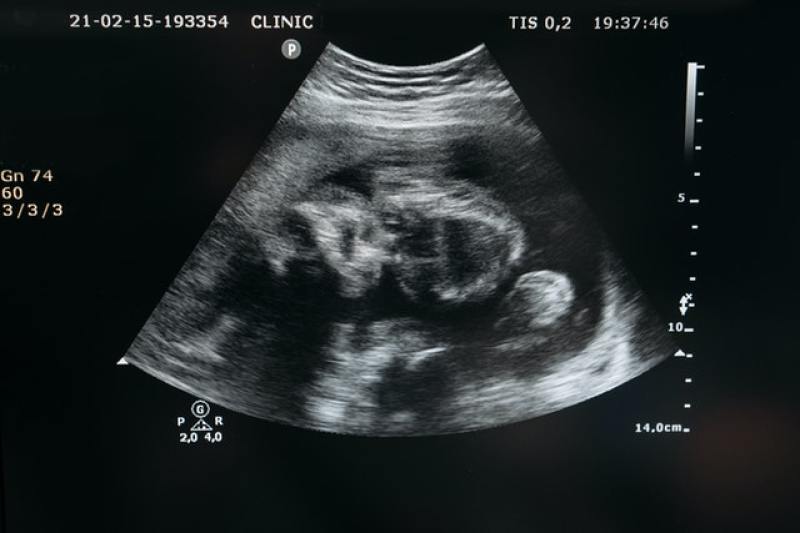
On Thursday, U.S. District Judge Robert Pittman issued a one-page opinion in which he rejected the request of the U.S. Department of Justice under the Biden administration to issue a temporary restraining order or preliminary injunction against Texas' Heartbeat Act or S.B. 8.
The new pro-life law took effect on September 1 and criminalizes abortion after a fetal heartbeat can be detected, often around six weeks of pregnancy. It also empowers private citizens to file a case against individuals who perform abortions or help pregnant women gain access to abortions.
"This case presents complex, important questions of law that merit a full opportunity for the parties to present their positions to the Court," Judge Pittman, who was appointed by former Democratic President Barack Obama to serve on the U.S. District Court for the Western District of Texas, wrote in the one-pager, as reported by the Christian Post.
"Accordingly, IT IS ORDERED that the United States' Opposed Motion for Expedited Briefing Schedule...is DENIED."
The ruling came just two days after President Joe Biden's DOJ filed its motion for a temporary restraining order or preliminary injunction against Texas' pro-life Heartbeat Act, which they said prevented "women from exercising their constitutional rights.
The DOJ's request to block the anti-abortion law argued that it was important to "protect the constitutional rights of women in Texas and the sovereign interest of the United States in ensuring that its States respect the terms of the national compact."
Judge Pittman's decision serves as another obstacle for pro-choice advocates in their fight to preserve Roe v. Wade. Before the Texas' pro-life Heartbeat Act went into effect, the Supreme Court rejected a request filed by abortion groups to block the law. Pro-life advocates see this as a victory, especially with the U.S. Supreme Court's 6-3 conservative majority, which they believe will be key in finally overturning Roe v. Wade.
Majority of judges on the court said that their decision to enable Texas' pro-life heartbeat act to remain in place is "not based on any conclusion about the constitutionality of Texas' law." They said that the plaintiffs did not have a strong enough legal case to justify judicial intervention because the enforcement of the law is in the hands of private citizens and not state officials. According to Reuters, President Biden said the Texas' pro-life heartbeat act "unleashes unconstitutional chaos and empowers self-anointed enforcers to have devastating impacts."
Meanwhile, President Biden's DOJ argues that Texas' pro-life heartbeat act violates the Supremacy Clause. According to CBS News, the filing read, "The Act harms the United States' interest in ensuring that States do not evade their obligations under the Constitution and then try to insulate their actions from judicial review, as well as its interest in protecting the constitutional rights of women in its care and custody."
"To allow States to circumvent the Federal Constitution in this manner would offend the basic federal nature of the Union. Thus, the unconstitutionality of S.B. 8 alone suffices to establish irreparable harm," the filing read.
Some law experts, however, point out that abortion is not a constitutional right. 5th U.S. Circuit Court of Appeals Judge James Ho, according to earlier reports, said "Nothing in the text or original understanding of the Constitution established a right to an abortion."
More recently, Judge Amul Thapar of the 6th U.S. Circuit Court of Appeals said abortion was legalized via Roe, but it was done "without a shred of support" from the U.S. Constitution.





























